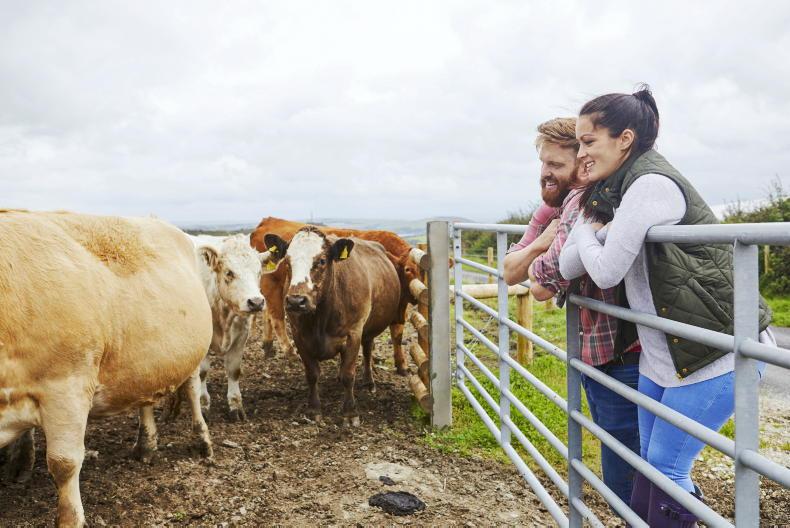In response to parliamentary questions from two deputies in the Dáil relating to measures being taken to address the ongoing challenges faced by dairy farmers, Minister Creed outlined a number of measures Ireland is implementing to help farmers in this sector.
The first of these is the dairy forum, of which Creed is one of the founding members.
Creed said the dairy forum has recently proposed an initiative on improving cashflow planning at farm level, which, he added, is “due to be rolled out shortly”.
The minister also said that he expects all the stakeholders in the dairy sector, including processors and banks, to play an active role in the development of instruments such as fixed-price contracts, futures market and more flexible financing arrangements for farmers.
“EU market measures have a role to play, but they are not enough on their own,” he said. “The sector needs to look at measures to reduce costs on farms and at the development of new tools.”
Creed also highlighted the fact that many of the decisions agreed upon at the EU agricultural council meeting in March were requested by countries including Ireland.
This included the doubling of the intervention ceiling for skimmed milk powder and butter, which recently came into effect.
He added that Ireland is calling on the EU Commission to consider temporarily suspending EU import tariffs on fertilisers.
“I understand the Commission is examining this request at present,” he said.
“At national level, I will continue to support the work of Teagasc, the Irish Cattle Breeding Federation and Animal Health Ireland to increase on-farm efficiency and reduce input costs,” the minister added.
Superlevy fines
The postponement of Ireland’s superlevy fine for 2016 was one of the measures Ireland called for at the EU agricultural council meeting in March.
However, the EU Commission has recently confirmed that it will not be possible to implement this proposal as the legal basis for the regulations under-pinning the scheme are no longer in existence.
“Therefore, further amendments are not possible,” Ireland was told by the Commission.
This means that over this year and next, Ireland will have to continue paying back the fines it owes due to over-production of milk in the year before the milk quota was abolished.
In response to this clarification, IFA national dairy chair Seán O’Leary said the EU’s “recent permission to member states to exceptionally use state aid to provide short-term interest-free or low-cost loans can be used by Minister Creed to give dairy farmers a one- to two-year repayment suspension on their superlevy fines, their merchant credit debt, and any other cashflow demand on their farms”.
Coveney: EU Commission favours temporary suspension of fertiliser tariffs
Intervention ‘almost’ full – European Commission official
Climate change: EU farm council to make sure interests of agriculture reflected










SHARING OPTIONS